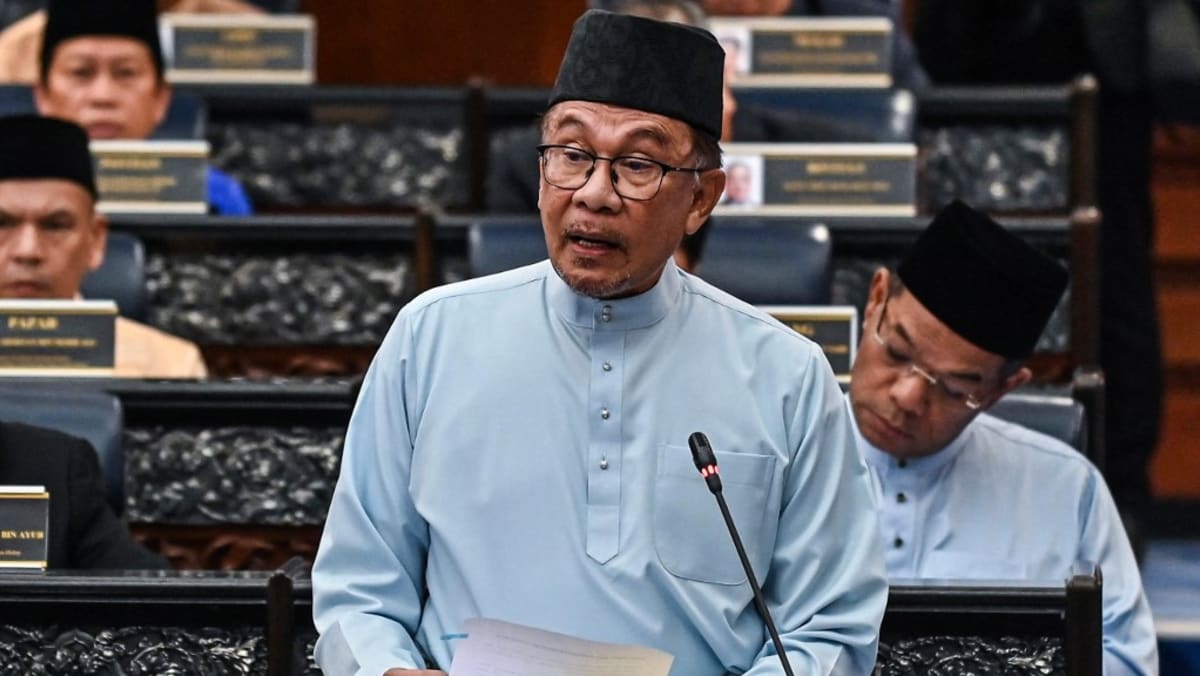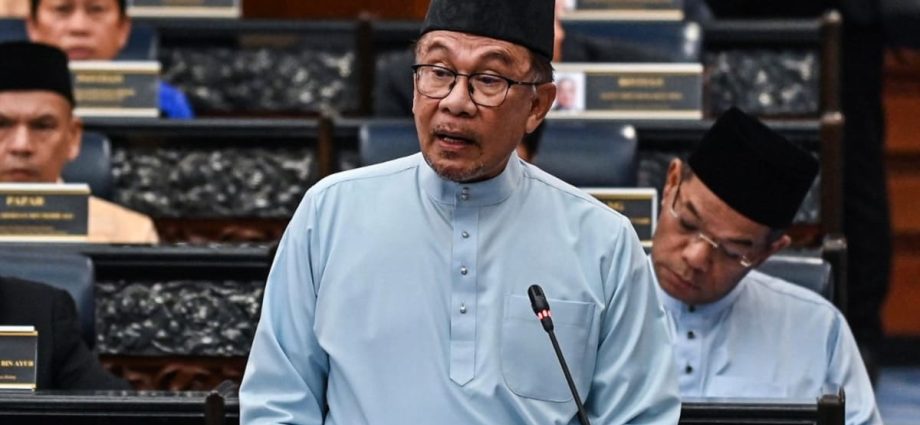
POLICY STANCE ON GOVERNMENT SPENDING NOT SUSTAINABLE
Politics aside, economic headwinds remain Mr Anwar’s most serious challenge.
Once one of the region’s budding tiger economies, Malaysia has fallen to fifth place among the economies in the Association of Southeast Asian Nations (ASEAN). It has been overtaken by Vietnam that ranks in the top four together with Indonesia, Thailand and Singapore.
The effects of the continuing global slowdown showed up starkly in the country’s export performance, which contracted 17.4 per cent year-on-year in April.
Bank Muamalat’s chief economist Mohd Afzanizam Abdul Rashid forecasts that overall exports this year could decline by 9 per cent, compared with a 25 per cent growth in 2022. “This will leave domestic demand as the main economic driver for overall growth,” he said.
Economists noted that domestic demand, made up by government spending and private consumption, has accounted for more than 70 per cent of GDP since 2019.
But this growth option is no longer sustainable. Malaysia is now suffering a serious financial hangover for the spending binge, with government debt ballooning to 1.08 trillion ringgit at end-2022, almost doubling in six years.
“The policy stance of government spending is no longer sustainable, and Malaysia needs a new economic narrative,” Sunway University’s Professor Yeah Kim Leng, who sits on a five-member panel advising Mr Anwar on financial matters, told CNA.
“The new path must feature shifting the economy to more value-added production driven by attracting technology intensive industries that will in turn boost wages,” added Prof Yeah.
Leslie Lopez is a senior correspondent at CNA Digital who reports on political and economic affairs in the region.

